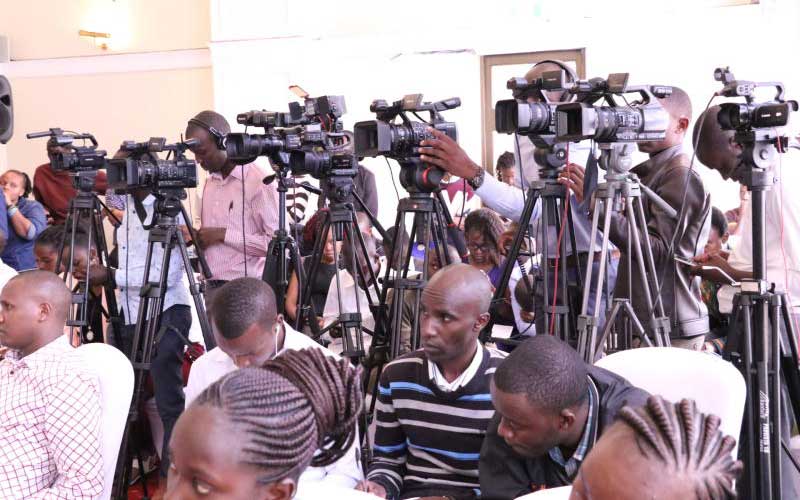×
The Standard e-Paper
Smart Minds Choose Us

The levels of knowledge of Kenyan journalists on important aspects of public opinion polling is wanting.
This has been revealed by a study conducted by a Kenyan academic Dr Dane Kiambi, an associate professor in the College of Journalism and Mass Communications at the University of Nebraska-Lincoln, USA.